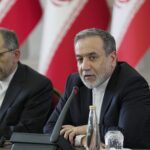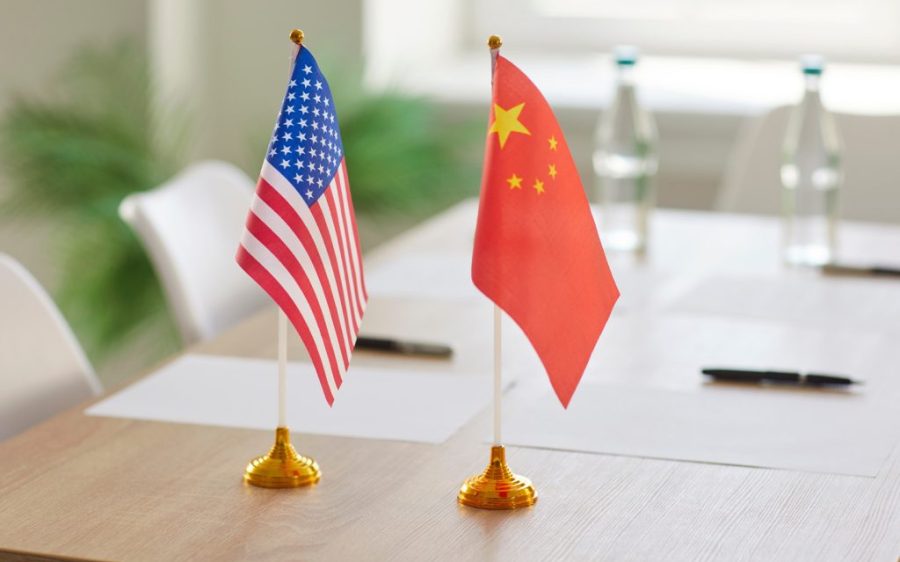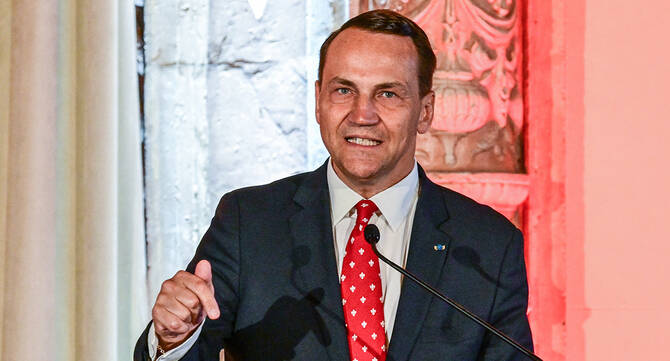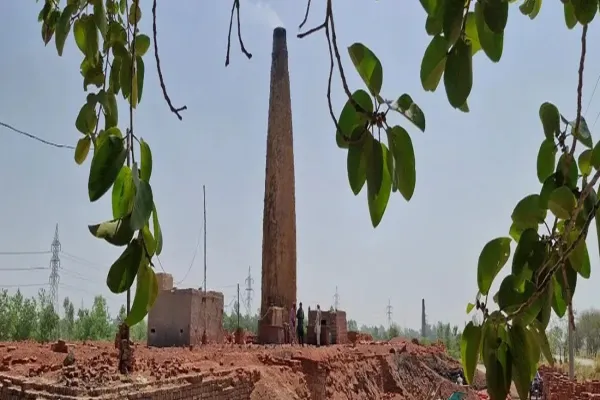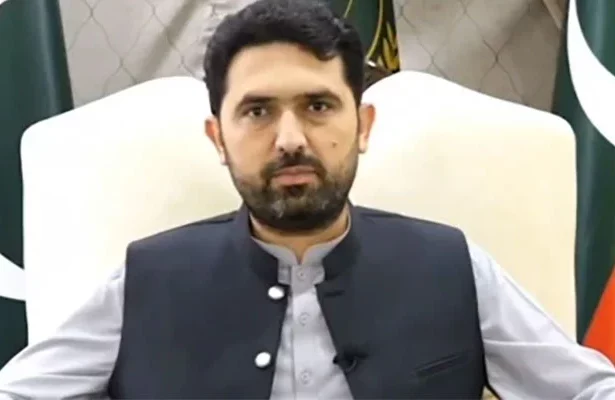Former federal minister Shireen Mazari strongly criticized the Islamabad police on Saturday after what she described as a late-night raid on her home targeting her daughter, Imaan Zainab Mazari-Hazir, and son-in-law, Hadi Ali Chattha. Protests and clashes at IHC: Mazari posted on X, “At 1 am this morning, a heavily armed raiding party of ICT …
Shireen Mazari Slams Police Raid as Daughter Imaan Faces New Terror Charges
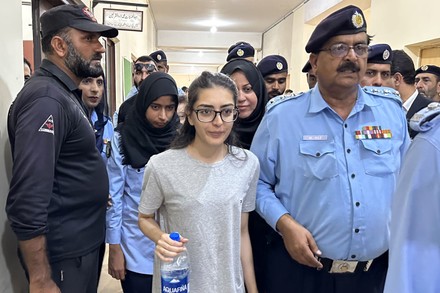
Former federal minister Shireen Mazari strongly criticized the Islamabad police on Saturday after what she described as a late-night raid on her home targeting her daughter, Imaan Zainab Mazari-Hazir, and son-in-law, Hadi Ali Chattha.
Protests and clashes at IHC:
Mazari posted on X, “At 1 am this morning, a heavily armed raiding party of ICT police from Secretariat Thana (police station) surrounded my home and asked for Imaan and Hadi. They were not there, and we informed them of the same. Cops said they had an FIR (first information report) against them and they should report to the thana. Eventually, they left.” Mazari linked the raid to a protest held a day earlier at the Islamabad High Court (IHC), where Imaan, a lawyer and rights activist, joined other lawyers in chanting slogans for judicial independence.
The protest took place after the suspension of Justice Tariq Mahmood Jahangiri. Among those present were Imaan Mazari, Islamabad Bar Council member Aleem Abbasi, and former IHC Bar Association president Riasat Ali.
But tensions escalated when lawyers linked to the Pakistan Tehreek-i-Insaf (PTI), including Intizar Hussain Panjotha, Naeem Panjotha, and Fatehullah Barki, confronted sitting IHCBA President Wajid Ali Gilani. According to witnesses, Gilani was shoved, triggering an altercation until other lawyers intervened.
Later, Gilani, flanked by the IHCBA secretary and Vice Chairman Naseer Ahmed Kayani, condemned the incident and announced legal action. He said a terrorism case would be sought against the lawyers involved, along with the cancellation of their licences.He alleged that Imaan and her group assaulted him, dragged him, and branded him a “traitor.” He further claimed they were armed and attempted to pressure him into backing cases against PTI founder Imran Khan. Secretary Manzoor Ahmed Jaja added that the protest itself had bypassed legal bar procedures.
Police action and Shireen Mazari’s response:
Following the bar’s statement, police registered a case under anti-terrorism laws against Imaan, Hadi, and several PTI-linked lawyers.Shireen Mazari quickly rejected the accusations, saying: “All videos of the IHC protest yesterday show clearly that the FIR charges are absolutely false. Eyewitness accounts reveal the same. But persecution of Imaan and Hadi has become a daily routine by the state.”
Imaan’s ongoing confrontations:
This is not the first time Imaan has faced state action. Known for her sharp criticism of Pakistani authorities, she recently filed complaints against IHC Chief Justice Sarfraz Dogar.
She said on X that she had submitted a harassment complaint to the IHC’s internal committee and a misconduct reference to the Supreme Judicial Council (SJC). This followed a courtroom exchange earlier this month in which she accused the chief justice of making “sexist” remarks.
Imaan and her husband, Hadi, are also battling accusations of running anti-state campaigns on social media.In March, she joined the call for an inquiry into explosive claims by six IHC judges, who accused the country’s intelligence agencies of interfering in judicial matters. Around the same time, an Islamabad court issued arrest warrants for her, alongside Pashtun Tahaffuz Movement leaders Ali Wazir and Manzoor Pashteen, over an alleged “anti-state march.”
A deepening battle:
For many observers, the latest raid and terrorism charges reflect the state’s intensifying confrontation with dissenting voices. Imaan, who has repeatedly challenged judicial and political authorities, appears to be at the centre of this clash.
The episode also raises concerns about how protests, legal dissent, and criticism of powerful institutions are increasingly being criminalised. As Shireen Mazari put it, the targeting of her daughter and son-in-law has become “a daily routine by the state.”
With investigations, complaints, and court battles piling up, the case highlights both the shrinking space for activism in Pakistan and the deepening polarisation within its legal and political system.


